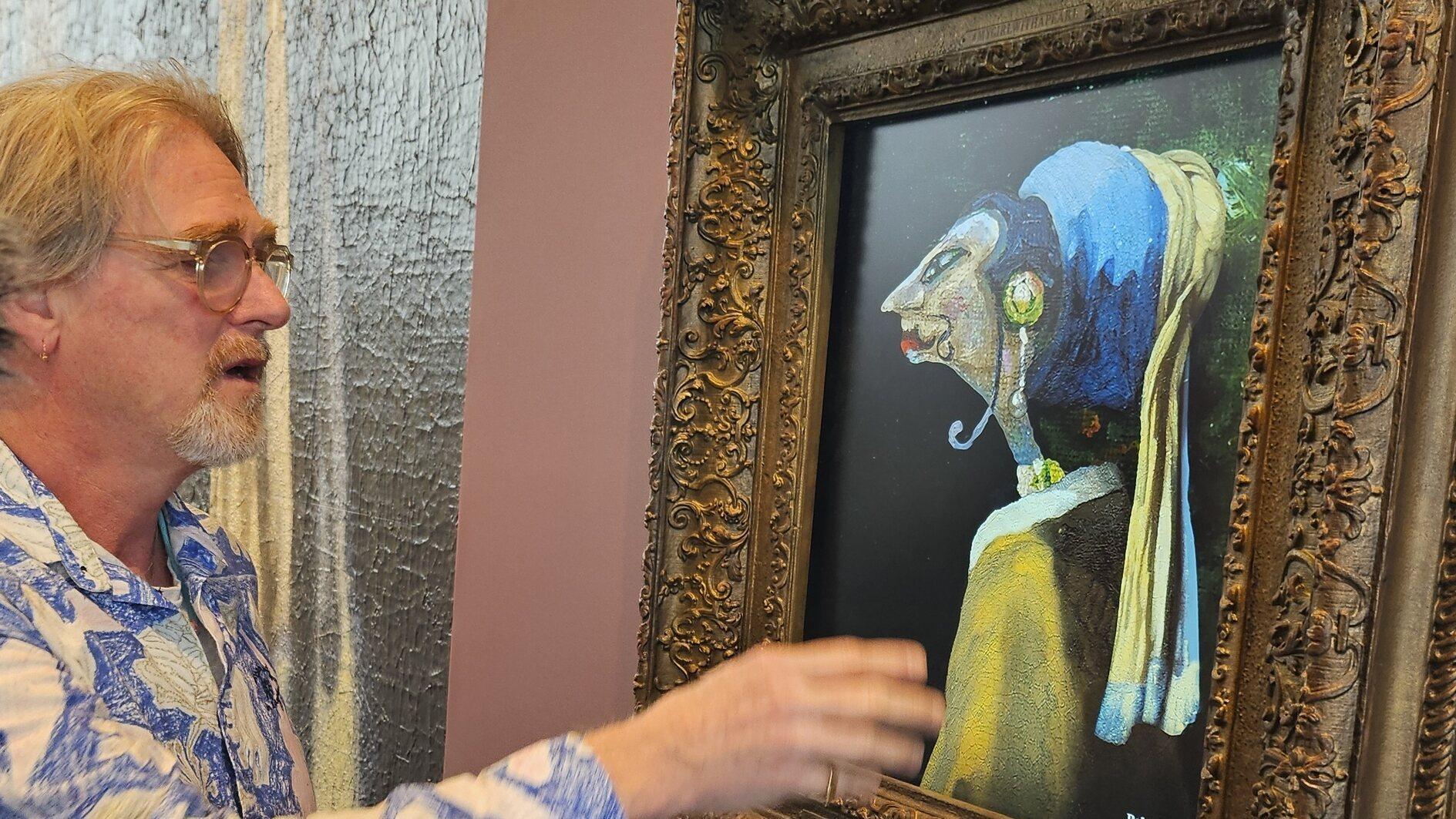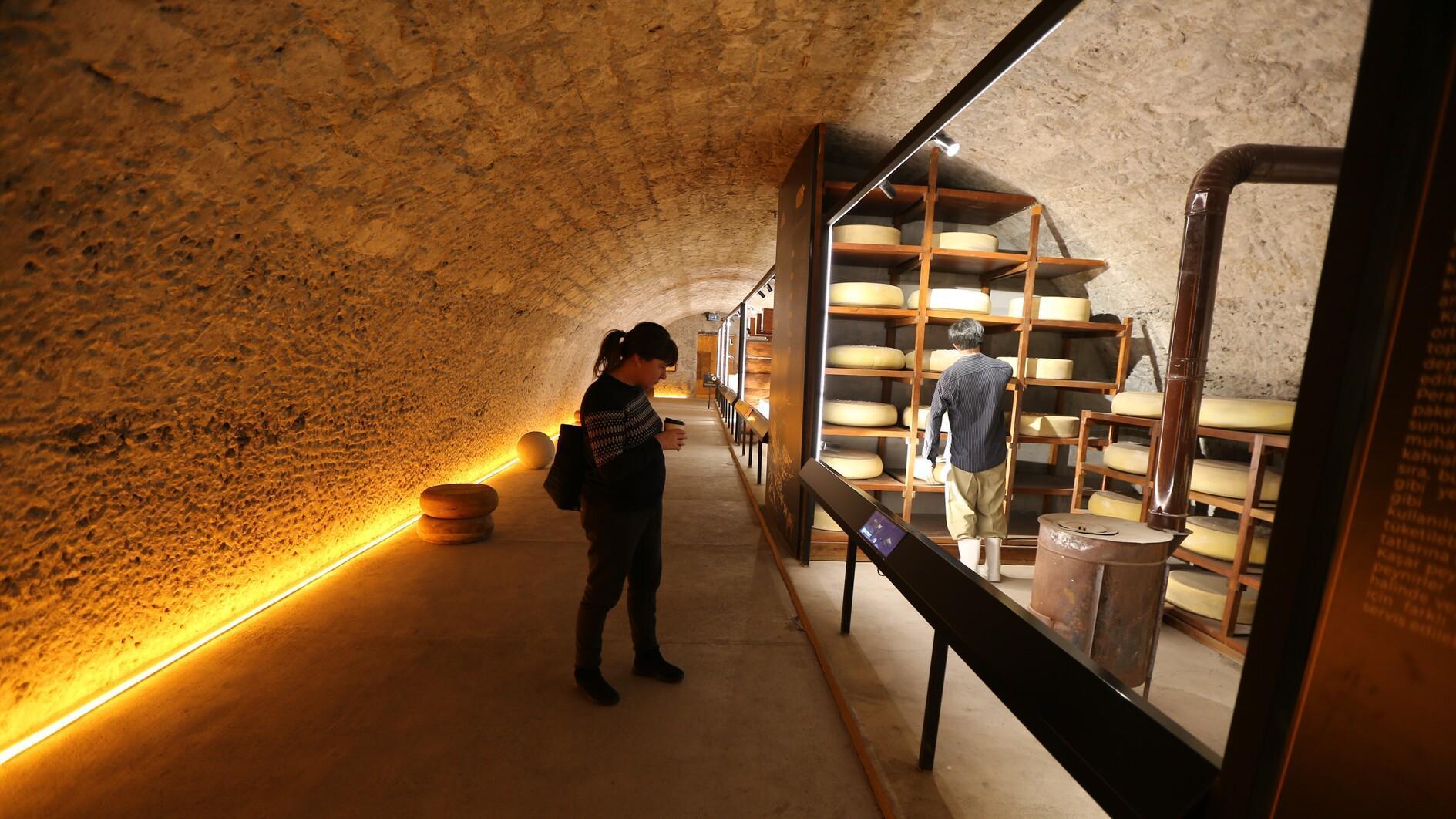Iraq Yazidis say Sunni Muslim neighbours enabled jihadist attack
Serene Assir FISHKHABUR - Agence France-Presse

Displaced people from the minority Yazidi sect, who fled the violence in the Iraqi town of Sinjar, demonstrate at the Iraqi-Syrian border crossing in Fishkhabour. REUTERS Photo / Youssef Boudlal
Yazidis fleeing a jihadist onslaught in northern Iraq say neighbours took up arms alongside their attackers, informing on members of the religious minority and helping the militants take over."The (non-Iraqi) jihadists were Afghans, Bosnians, Arabs and even Americans and British fighters," said Sabah Hajji Hassan, a 68-year-old Yazidi who managed to flee the bloody offensive by the Islamic State (IS) jihadist group.
"But the worst killings came from the people living among us, our (Sunni) Muslim neighbours." "The Metwet, Khawata and Kejala tribes - they were all our neighbours. But they joined the IS, took heavy weapons from them, and informed on who was Yazidi and who was not. Our neighbours made the IS takeover possible," the distraught white-bearded Hassan said.
The IS attack on Yazidi villages in the area of Mount Sinjar began nearly two weeks ago, the latest chapter in an offensive that has seen the jihadist group seize large swathes of Iraqi territory, forcing minorities either to convert to Islam, flee or be killed.
"
The IS onslaught in Iraq, which began in June and has since overrun chunks of five provinces, is the culmination of a more than year-long surge in violence in which hundreds of Iraqis have been killed each month.
The Sunni tribes in our area were given a choice by the IS: either they collaborate or they get killed. So they joined them," said Mahmud Haidar, a 24-year-old Yazidi who managed to flee.
Haidar is a former member of Iraq's security forces. "Every Iraqi knows how to handle a weapon, so the tribesmen did not need training. The IS gave them heavy weapons, armoured vehicles, AK-47s and rocket-propelled grenades that they had captured from the Iraqi army," said the gaunt young man, puffing nervously on a cigarette.
Speaking to AFP in a transit camp run by the local Kurdish authorities for the displaced, Haidar said his childhood friend was among those who joined the IS.
"I was shocked. The IS brainwashed him, and he started informing on who was Yazidi," he said. "I would have been executed immediately had they found me."
Several of the displaced gave harrowing accounts of how the IS chased Yazidis fleeing through the streets, gunning some people down and kidnapping others.
"They took all the women in my family, and even little girls," said Hamid Kurdo. "There were corpses everywhere in my village," said Khodaida Hussein, a 46-year-old man.
"They were telling people that either they join Islam - their Islam - or they die," he said, adding that they were given a 72-hour ultimatum that kickstarted the mass uprooting.
One 18-year-old with thick curls was extremely distressed as he spoke of his father, his brother and his two uncles' disappearance.
"They had rifles, and they decided to fight the IS so long as they had ammunition, knowing they would lose, but hoping that it could buy others time to help them escape," said Sibashe Khodr.
"I tried to reach them by phone. Someone answered and said they were in IS hands. Now, their phones still ring, but no one answers," Khodr said.
Tens of thousands of Yazidis have managed to reach the relative safety of Kurdish-controlled territory in northern Iraq, but the IS onslaught and their dramatic displacement has been a major blow.
"They kidnapped the women, including two of my nieces. They did everything they could to put an end to our community in Iraq," said Khodaida Bakr, 35.
"They say we are heretics. But look at how they act. They are the real heretics."
















